

How convenient: almost everything we loved about the Heroes of Might and Magic games – a franchise that was sadly run into the ground many years ago – has finally been cribbed note-for-note and dumped into the latest installment in the Disciples series. Being hard-up for a good fantasy-strategy game, we can overlook the fact Disciples III: Renaissance’s newest elements make it more like its long-time competitors. What we can’t forgive is that it’s a buggy, unbalanced mess of a game that’ll wear out its welcome on your hard drive well before you get your money’s worth. Our recent hands-on time got us pumped to flex our heroic muscle in the final release, but the finished game feels anything but.
There’s a lot of ground to cover in the expansive human, elven, and demon campaigns. Each has a rudimentary plot revolving around an attempt to recover a fallen angel and use her powers to accomplish goals both noble and untoward (depending on your selected faction). The campaigns railroad you through tight spaces in sprawling world maps, and though world layouts create the illusion of a large amount of terrain to explore, you’re often limited in where you can navigate. Nevandaar’s foreboding landscape is littered with resource nodes to capture, treasure troves to uncover, wandering monsters to slay, and other hotspots to click on. Even with so much to do, the push to conquer the land and complete your goals isn’t nearly as satisfying as you’d expect.
Your small band of chosen warriors and their leader will shed plenty of blood on their path to victory. Like the last few games, you’ll construct special buildings at your castle that upgrade troops when they hit certain experience level benchmarks. Until your hero’s britches grow big enough to support a larger army, you’re pretty limited in the number of warriors you can stock your party with. This makes balancing your forces between melee-driven warriors, magic-flinging spell casters, healers, ranged units, and other special adversaries a challenge early on. Most units have branching upgrade paths, so you can choose to pursue alternate specialties that have different advantages and drawbacks.
Disciple III’s completely re-worked combat system is easily the biggest departure from past games in the series, and it’s a change that’s not altogether an improvement. The fixed chess-board style troop layouts of the previous games have been scrapped for a fully-3D tactical battlefield map that closely resembles what HoMM and other similar games offer. Both sides take turns moving their units around, blasting each other with magic and abilities, and carving one another up merrily. Combat encounters can take a long time to complete, since battlefields are quite large, and you have to wait for mediocre animation sequences to play out every time someone attacks. Awkward camera controls and poor visual angles mean you’ll often get a close-up view of a monster’s ass or a giant outcropping of rock instead of the battle animation you expected. Sometimes the animations don’t even play out when they’re supposed to. But when they do, it doesn’t take long for the same handful of canned heroic one-liners and attack moves to grow tedious.
The one feature designed to speed up combat for impatient players is hamstrung by shoddy AI. A handy quick battle button lets you light-speed your way through some of the more boring combat encounters. However, the AI doesn’t make good use of special abilities or the new strategic hotspots on the battlefield that double your attack and magic powers. These high-speed battles don’t usually go very well, unless you’ve managed to manually whittle down your enemies enough to have a clear advantage or simply have a substantially larger and more powerful force. Even then, they’ll still wind up kicking your ass at times. Since losing key warriors when you’re far from a castle capable of reviving them forces you to retrace your steps, it’s often preferable to boot up your last save and suffer through the protracted loading time.
Despite its other shortcomings, Disciples III would be a much more enjoyable game if it wasn’t so damn buggy. The 3D graphics are in-line with the series’ moody, gothic style, and on the whole they’re nicely polished when things aren’t going awry. But the visual glitches and the varying degrees of freakiness that pop-up make the experience feel shoddy. Some issues are minor irritants, like odd camera problems that show unintended views during combat, transitional blips that appear when entering into battle from the world map, and having the sound completely cut out for no reason. Others are more serious and potentially game-breaking. On one of the earlier scenarios, our hero warped in on the opposite side of the map from where he was meant to start. After hunting around to find him, we discovered he was inextricably embedded in a tree surrounded by monsters. Reloading the save twice had no effect, but restarting the game eventually re-set the map and showed us just how far off the mark he was.
Disciple III’s lengthy campaign is rounded out by a hot-seat multiplayer mode that lets you duke it out with pals on the same PC through a limited selection of maps. Considering the main game has its share of issues, dragging a friend over for a multiplayer match is going to feel like more of a punishment than a good use of a free afternoon. While this could have been an awesome game to geek out on, its numerous technical problems kill the mood pretty quickly.
Jul 28, 2010
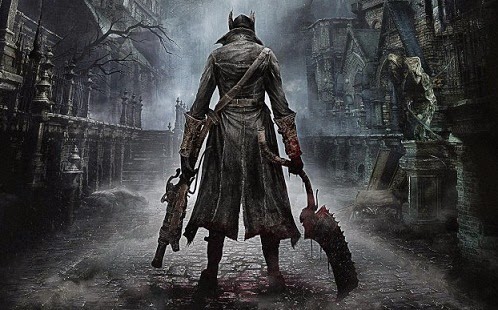
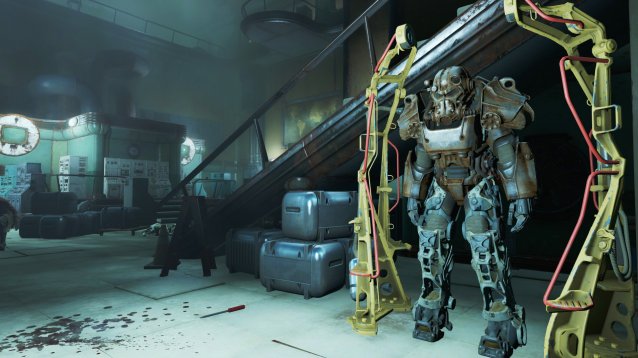
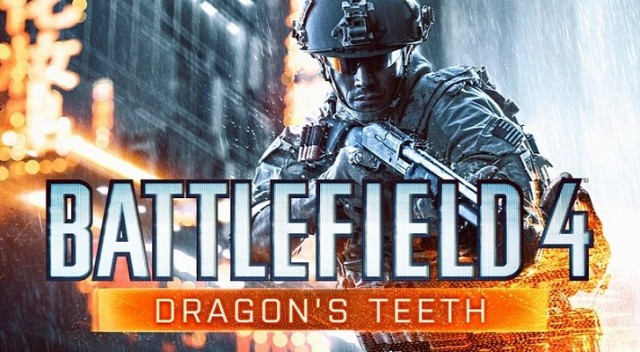

 The Witcher 3 Wild Hunt Guide: How To Get Hairstyles, Beard DLC And Location Of Barber
The Witcher 3 Wild Hunt Guide: How To Get Hairstyles, Beard DLC And Location Of Barber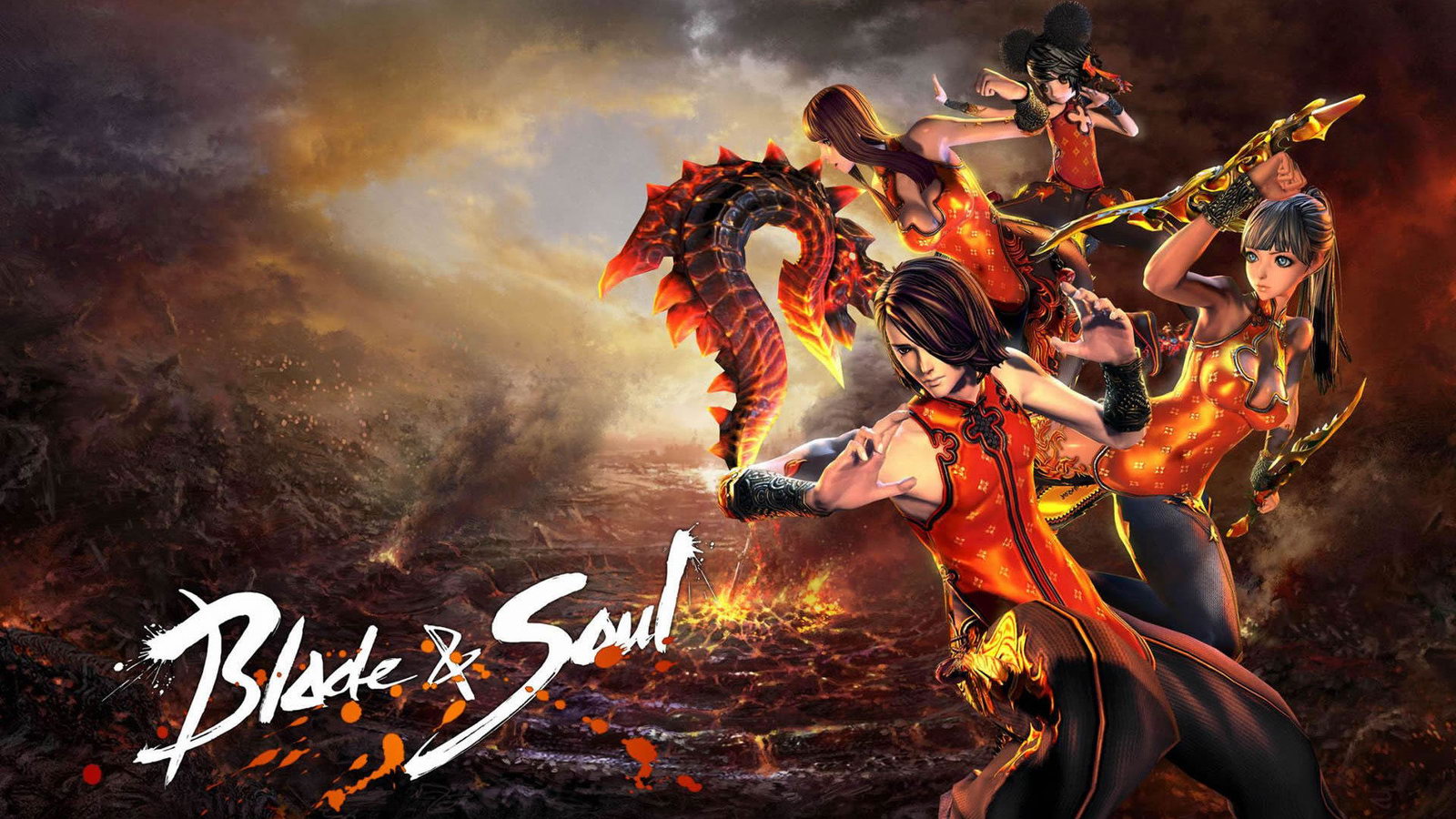 Blade and Soul: How to Get Unsealing Charms
Blade and Soul: How to Get Unsealing Charms Review: Halo: The Fall of Reach
Review: Halo: The Fall of Reach Human Traffic Buyer Briefcases Locations
Human Traffic Buyer Briefcases Locations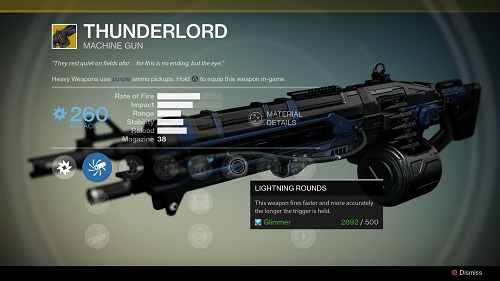 How to get Destiny Thrunderlord Exotic Heavy Machine Gun
How to get Destiny Thrunderlord Exotic Heavy Machine Gun